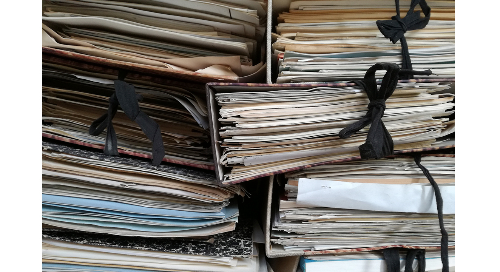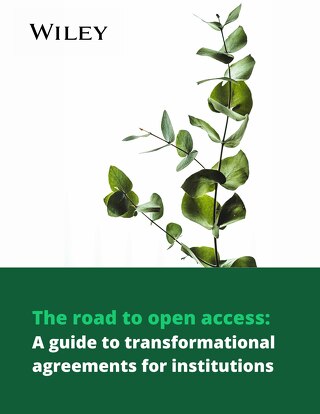public-policy-communicating-science-and-enhanced-access-the-importance-of-digitized-archives-today
November 23, 2020
The current COVID-19 crisis has highlighted tensions between government policy and the medical and scientific communities, influencing the public perception of expertise in these fields. The tension between science and belief systems has surfaced many times before during public health crises and other pivotal events in history, and archival material from these periods illuminate much of the push for science to legitimately influence policy and legislature.
At this year’s Charleston Library Conference, we brought together a panel of speakers to learn about the distinct value digitized society archives offer to the current body of research, and the ways in which archival materials have informed and educated policy and regulation in the past.
“It’s really important to use history to analyze the strategies and successes of scientists in shaping public policy, as well as the resistance to their work.” – Dr. Alexandra Rutherford
Dr. Rutherford alluded to several documents in her field that have been important in terms of public policy, from social science research used to influence the Brown v Board of Education decision in 1954 to records from the American Psychological Association that were included in advocacy briefs to support same sex marriage legislation. “Archival material is indispensable to tracing some of the historical policy dynamics at play,” she concluded, “both in individual collections and across societies and national context.”
“Probably the single most important takeaway from current primary source digitization efforts is the value of an accessible collection of materials to enable cross-searching between different trenches of data.” – Dr. Geoffrey Browell
Dr. Geoffrey Browell, the Head of Archives and Research Collections at King’s College London, agreed with Dr. Rutherford on the importance of primary source materials to both contextualize historical policy changes and provide a lens through which to view current events.
There are such clear benefits of using primary source materials to understand – and even further influence – policy decisions and legislature of both the past and present, that ensuring accessibility to these materials remain paramount.
“Digitizing archives creates greater equity of access for people in different geographical locations, especially if we’re serious about de-colonizing research disciplines, and especially while working remotely, as has been hugely apparent in 2020.” – Dr. Alexander Hall
Dr. Alexander Hall, Department of Theology and Religion Research Fellow at the University of Birmingham and Section Recorder of the History of Science Section for the British Science Association, offered his own insights into the ways in which access to archives is essential for research.
Personally, Dr. Hall is interested in how science communication has adapted over the years and how scientists may have used popular and public communication methods, in addition to private lobbying and working with organizations, to influence policy formation during the 19th century period of professionalizing science in the UK.
“Whether it way through television, religious institutions or regional government structures, there were organized, systematic ways of pressuring the government for scientific inputs into processes around law and policy.”
Dr. Hall continued on to explain the ways in which digital access to the types of materials he is studying day to day has been essential, and, conversely, the lack of access to non-digitized materials during a global pandemic has been palpable.
“Remote working has been hugely apparent in 2020, and I have a book project that’s unable to be finished because another archival need of mine does not have any digitized collections.” – Dr. Alexander Hall
But even beyond his personal need for access, Dr. Hall shared insight into the value for all of society to promote equity of access.
The answer, he added, starts with the expansion of access to digital collections.
Visit Wiley Digital Archives to learn more about the value of digitized society primary sources and discover newly digitized archives .











